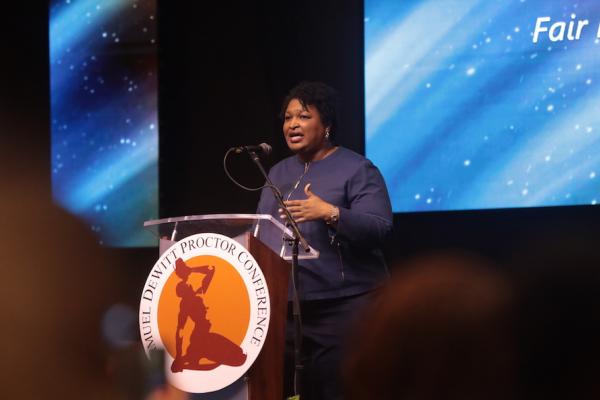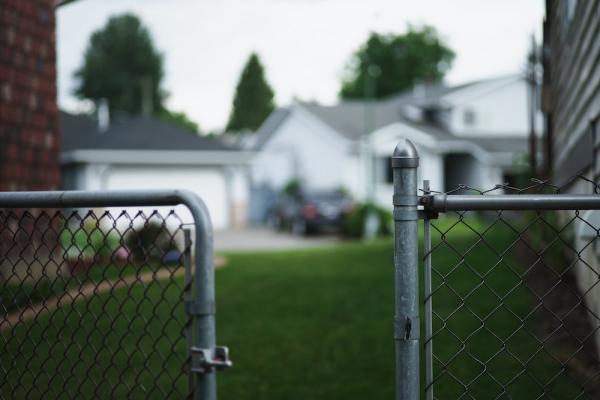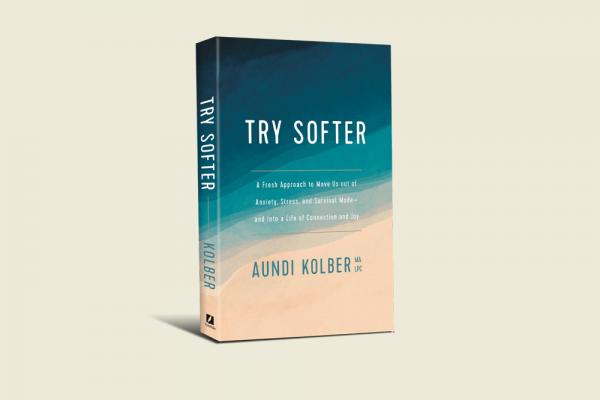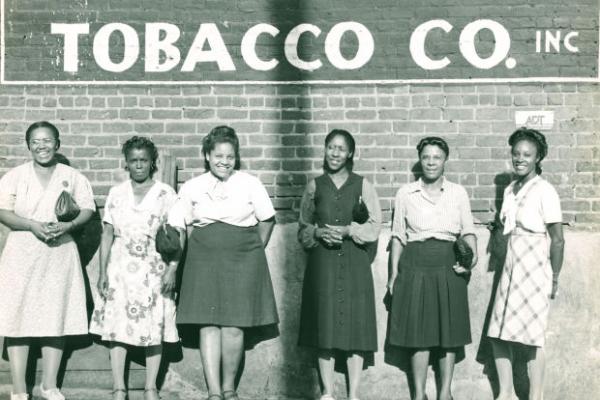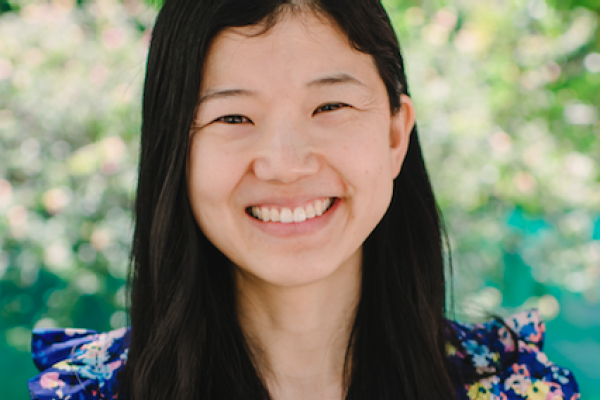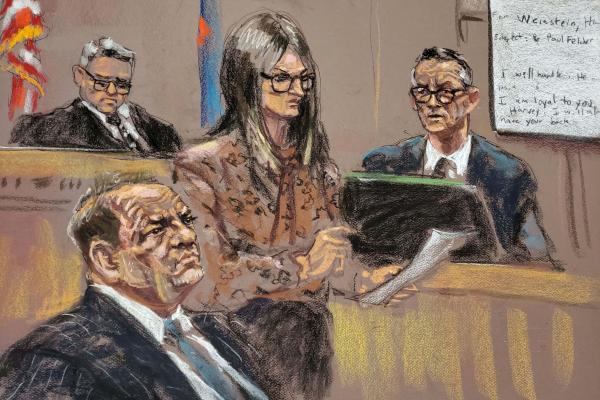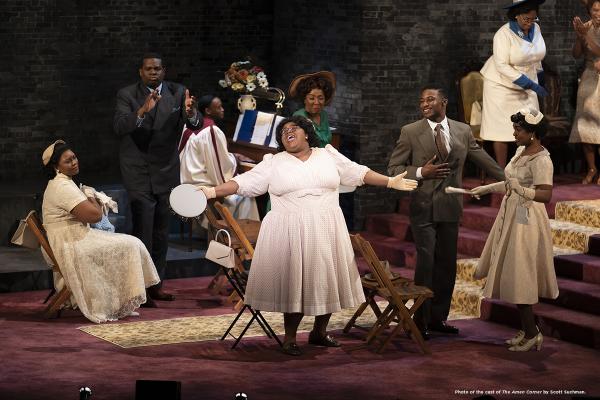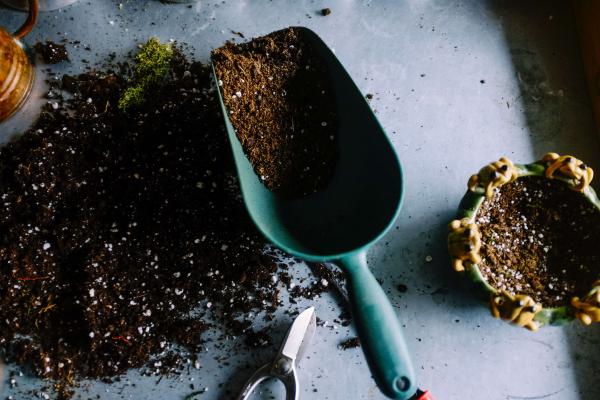Voter suppression tactics jeopardize the very legitimacy of the 2020 election. They also represent an assault on human dignity and imago dei, because as Dr. Martin Luther King Jr. so aptly put it, “So long as I do not firmly and irrevocably possess the right to vote, I do not possess myself. I cannot make up my mind — it is made up for me. I cannot live as a democratic citizen, observing the laws I have helped to enact — I can only submit to the edict of others.”
On-the-ground solutions to environmental challenges are becoming the most effective and practical strategy. Cities today are leading the way on climate resilience strategies, which are specific to the city’s infrastructural, geographic, spatial and topographic makeup, through initiatives like 100 Resilience Cities and Climate Ready programs, which help cities prepare for the long-term impacts of climate change.
Recently I had the opportunity to read Aundi Kolber’s newest book, Try Softer: A Fresh Approach to Move Us out of Anxiety, Stress, and Survival Mode — and into a Life of Connection and Joy. The book quickly became a regular part of my self-care routine. Aundi is a licensed professional counselor and public speaker, and her work reflects the gentleness that so many of us need in a time in America when we are all a little (or a lot) frazzled by the social, political, and religious climate around us. We need books that help keep us tethered to the work of self-care so that we can do healthier work in the world. Try Softer is a book that can get us there.
Local 22 was a labor union in Winston-Salem, N.C., led by black women fighting for equal pay and equal rights for black workers in the 1940s.
Social reform evangelicals, Bill Barr’s authoritarianism, privacy in dating apps, and more.
The administration is pursuing every tactic at its disposal – many of which have been temporarily stalled by the courts – to impede the path to citizenship and to reduce legal immigration avenues to the U.S.
When we started questing the bible, everything falls apart. What can we even trust or believe in? But I think the second fear is that it will drive a wedge between us and this community that is really important to us especially as Asian Americans because we’re a super community oriented culture. So I think that a lot of Asian American Christians are afraid to do that and I think for legitimate reasons. Those fears are not unwarranted.
If it wasn’t already true on the face of it, Denhollander’s comments and the responses to her reveal that the “burden of safety” does not lie with the victim, and a victim certainly doesn’t share blame for putting themselves “in that situation.”
When’s the last time you saw a play in which the main character was a black woman? If you’ve never seen one, you’re likely not alone. Although it’s the year 2020, and within the past year Slave Play and American Son were on Broadway, the number of American plays with black women as their leads staged in America still has immense room for improvement. As of today, zero are slated to appear on Broadway during the rest of the 2019-2020 season and the entirety of the 2020-2021 season. That’s why it’s shocking that, 55 years ago, The Amen Corner, a three-act play about a black woman pastoring a Pentecostal church in Harlem, N.Y., opened on Broadway, albeit more than a decade after its birth.
Of course, dirt also tells stories of human triumph and transgression. With one scan from an X-ray fluorescence gun, you can tell whether a soil sample came from Cambridge or Dorchester, based on the amount of lead particulates present. A Ziploc bag full of dirt is also a history of redlining, white flight, and devastating arson, committed by property owners for whom the cost of maintaining the land surpassed the worth of those who called it home. Dirt is an archive of human attitudes toward the nonhuman world — our hubris in thinking ourselves separate from it, though we arose from it, and will inevitably return to it.
